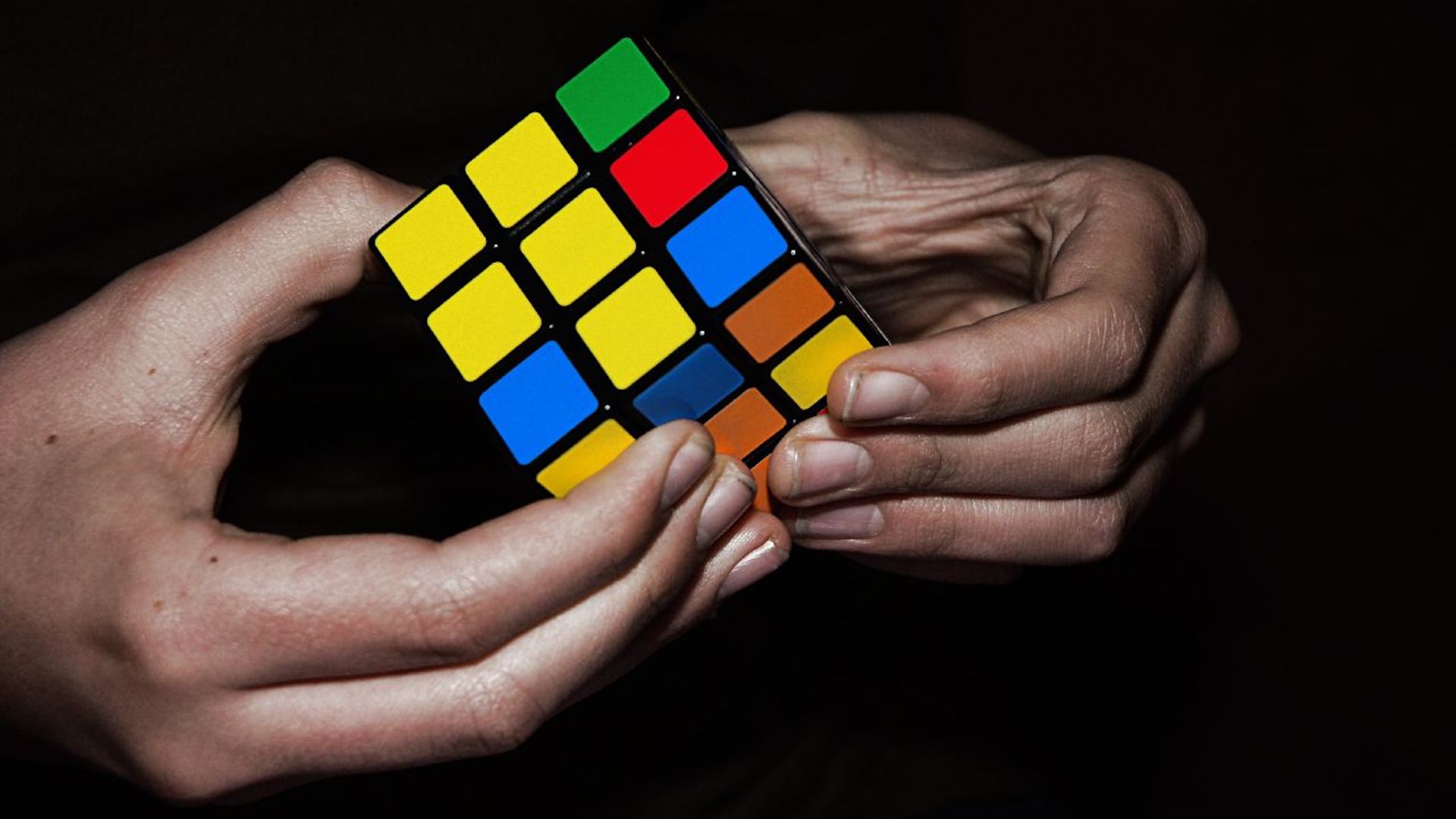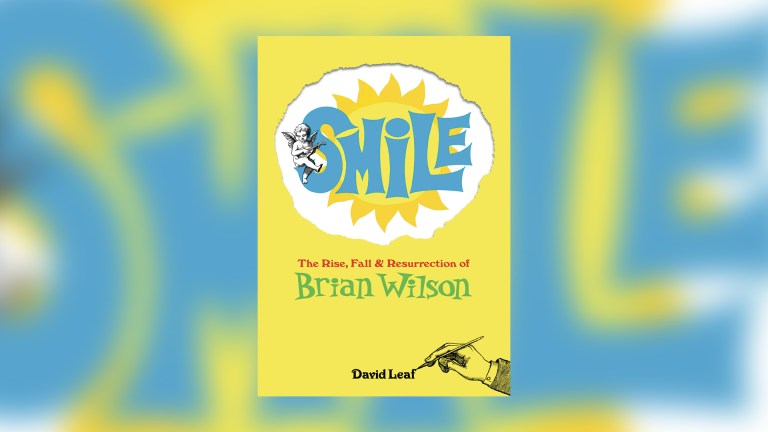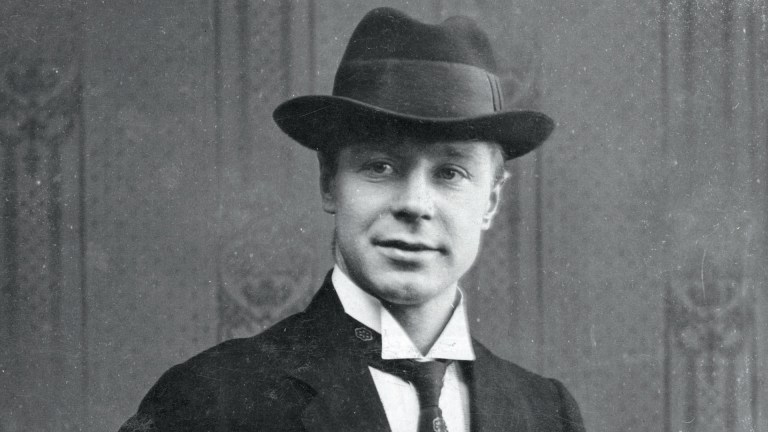Failure itself is never pleasant, of course, but for me it is an essential component involved in any effort of learning by doing, and as such it’s actually a positive thing intellectually, even if painful emotionally.
When we want to express that someone is capable of solving a problem easily, without the slightest effort, we say it’s child’s play. But as you can attest along with millions of others, it is an unfair take on both children and play!
When we call someone ‘playful’ we imply an aura of happiness, that this person is able to see the world for its more positive, even more beautiful side. Humans are a lucky species to have the luxury to be playful.
As we grow up, do we continue to play and solve puzzles – we just give that a different name?
Either that – or we can try to avoid problems, which becomes ever more difficult. So we are better off identifying threats or hindrances, tame them by transforming them into meaningful questions and work on answering those questions as best we can. We are fortunate if we can learn how to enjoy
problem-solving!
Is the Cube a perfect metaphor for the mind? Some people can solve all their problems easily, others struggle for years to make any progress. The solution feels close but often out of reach…
Advertising helps fund Big Issue’s mission to end poverty
‘Easy’ or ‘difficult’ are often qualities describing our own attitudes to problem-solving. Sometimes we are just too frustrated by a complex task to even begin unlocking it and sometimes we strive for challenges.
The Cube is a lot more objective than the way we experience the problems in our lives. It poses a very specific question and we all can find our very own solutions if we are sufficiently determined to do so. As a puzzle, the Cube itself is the question that one needs to answer by solving it. As a metaphor, the Cube indeed speaks about many important, more general, human characteristics.
There is so much chaos in the world, what can the Cube teach us about the importance of order?
First of all, the Cube gives us hope: we can find the one right answer from an astronomic number of possible wrongs. Mathematicians have established that, at least in theory, any two combinations (of 43 quintillion!) are not more than 20 turns away from each other.
So even something that at first appears as an abyss of overwhelming complexity can in fact be tamed into a solvable problem.
The Cube also gives us the experience of concentrating, turning inward, losing touch with our surroundings and the external world. Cubers look as if they are in a state of meditation, except instead of being lost internally they are engaged and active. They are suspended within a rare moment of peaceful coexistence between order and chaos.
Advertising helps fund Big Issue’s mission to end poverty
Once you master it, the Cube can alleviate stress very effectively. It has all the perfect characteristics to create a sense of ‘flow’. It requires a strong focus on the task, it is quite challenging but not impossible; and it is highly rewarding.
Support The Big Issue and our vendors by signing up for a subscription
https://twitter.com/Rubiks_Official/status/1315739223211864065
There is no reward, no prize to be won for solving the Cube (unless you’re a champion speedcuber). So what can this tell us about the nature of human motivation?
Deep down, my motivation has always been anchored in curiosity and an open quest for understanding how things work. This is exactly how every child starts to explore the world around them, yet few are lucky enough to nurture their childhood curiosity into adulthood. That might be because rewarding diminishes intrinsic motivation. When kids start learning in order to get better grades at school instead of immersing themselves in open-ended questions, they quickly understand that it is the grades that matter, not the learning.
Did growing up in Hungary when there was state socialism affect your view on money?
Advertising helps fund Big Issue’s mission to end poverty
The Cube’s success made me comfortably off before I had turned 40. I never was truly wealthy, but I always had more than I needed. And I never really needed much.
If one were to accept that money is the best way for measuring the value of things, it can easily become a compass for finding one’s way in the world. This is rather convenient. But it is dangerous and misleading. There is also the delusion that since money is so quantifiable, it must tell us something unambiguous. Nothing could be further from the truth.
One of the very few benefits of growing up within the economic system of state socialism was an overall disregard for financial gain. People were given precious little external incentive to work very hard. Those who did go the extra mile could still not live much better than those who just took it easy. And yet some people, like my father, worked very hard indeed. What pushed them? And what pushes anyone to immerse in a very demanding and often frustrating challenge like the Cube that offers no benefit beyond its own solution? I have never stopped wondering about the mystery of human motivation.
When the Cube is solved, does the puzzle end or is it reborn?
Usually once a puzzle has been solved, it is done. The last piece is put in place in the jigsaw; the picture is ready to be framed or discarded. Not so with the Cube. And that is one of its most mysterious qualities. The end turns into new beginnings.
Cubed: The Puzzle of Us All by Ernö Rubik is out now (W&N, £14.99)
Advertising helps fund Big Issue’s mission to end poverty










